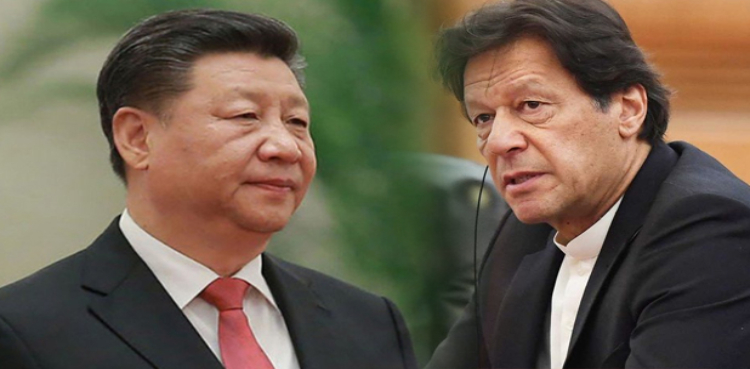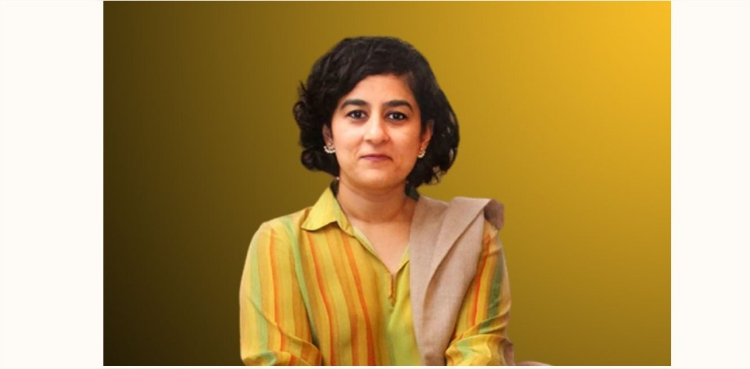Senior lawyer and PPP leader Aitzaz Ahsan has requested the Supreme Court to take suo motu notice of the amendments to the Official Secrets Act.
Meanwhile, later the hearing was adjourned indefinitely.
The veteran politician made this appeal during the hearing of multiple petitions against the trial of civilians in military courts.
A six-member bench headed by CJP Umar Ata Bandial and comprising Justice Ijazul Ahsan, Justice Munib Akhtar, Justice Yahya Afridi, Justice Sayyed Mazahar Ali Akbar Naqvi and Justice Ayesha A. Malik, resumed hearing the petitions.
During the hearing, Aitzaz Ahsan said a new law has been passed giving unlimited powers to spy agencies.
He told the court that according to the bill, the intelligence agencies can raid someone’s house without a warrant, adding the authority to search homes without a warrant has been given through legislation.
The CJP said a chief justice alone cannot take suo motu notice as per a decision of the larger bench.
He added that the bill is still under discussion in parliament, and the court was not much aware of it.
“Is it a law or just a bill so far?” the CJP asked. At this, Aitzaz Ahsan responded that it was a bill that has been passed by the National Assembly.
Just one forum has passed the bill, now let’s see what the other forum decides, the CJP remarked.
Fortunately, the bill is still being debated in one House of parliament.
The PPP leader said there is a martial law-like situation in the country right now, adding that right now the status of the six judges on the bench is that of a full court.
Justice Akhtar remarked that the trial of civilians in military court is akin to a parallel justice system.
Justice Afridi asked what the lawyer’s opinion was of articles 175 and 175(3).
Attorney Genera l for Pakistan Mansoor Usman Awan said a court martial did not fall under Article 175.
Fundamental human rights cannot be left to the discretion of the legislature, Justice Akhtar remarked, adding that the state cannot withdraw the concept of fundamental human rights.
“Access to justice is a fundamental human right,” Justice Malik said.
The AGP said military courts are like tribunals for people connected with the armed forces and defence.
He added that a court martial did not fall under the category of a court established under Article 175, therefore, there is no right of appeal in it.
The CJP remarked that the court was conducting a constitutional review of trials of civilians in crimes under the Army Act.
“We are now moving towards the constitutional procedure,” CJP Bandial said, asking how a case goes to military court.
Justice Akhtar said fundamental human rights cannot be left to the discretion of legislators, adding that it is not possible for one parliament to include some crimes in the Army Act and for another to remove some.
He further said basic human rights have been guaranteed by the Constitution.
The AGP added that the establishment of military courts is meant for members of the armed forces and defense matters.
He further said that a military court can try a civilian accused of a crime related to the armed forces.
The CJP said the law and forces are clearly mentioned in the Constitution. This law is meant for the persons who fight against the armed forces.
The AGP asked to read out the Supreme Court’s 2015 decision that he said mentions the attack on military installations.
Justice Akhtar asked if a parallel judicial system was created for such persons.
Adjourning the hearing indefinitely, the CJP said the hearing cannot be held again for the next two weeks, adding that he will fix a date after consultation with his colleagues.
“I will try to convince my colleagues when they return,” he added.
“You want to take away the basic human rights of people through the military courts,” the CJP remarked.
He added that if a trial is conducted on connections with the armed forces, this will also have to be seen.
Trial of civilians in military courts is not a parallel judicial system, CJP Bandial further remarked, adding that Aitzaz Ahsan told the court parliament was in a hurry.














































